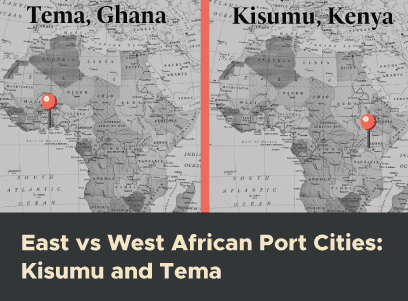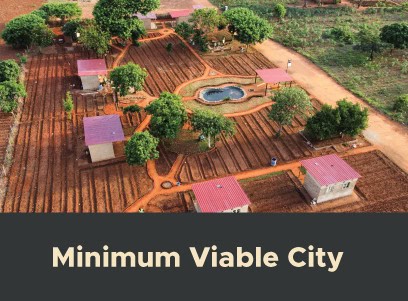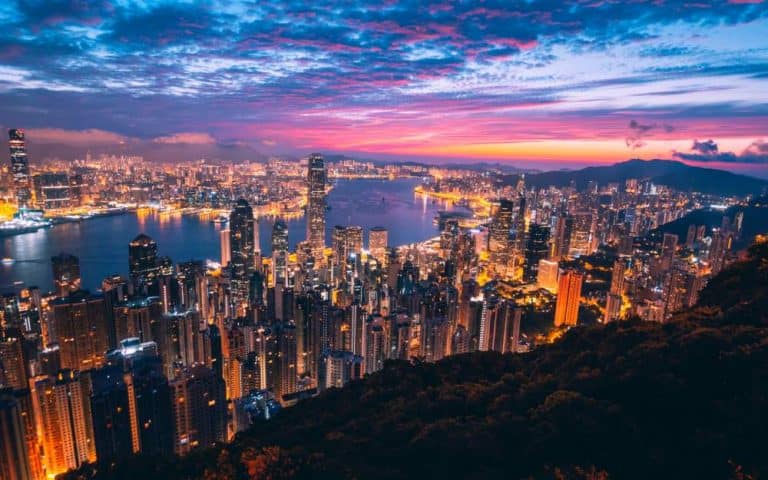Imagine a world enveloped in a dense network of cities, where the synapses between urban nodes comprise the global fabric of democracy. Practical mayors meticulously tend to their own sections while working together to ensure the integrity of every seam. In this world, the rigidity of national sovereignty is mitigated by layers of ‘glocal’ governance and interconnectivity, enabling smooth international cooperation.
Although idealistic, this is precisely the world that Benjamin Barber invites us to envision in his 2013 book, If Mayors Ruled the World: Dysfunctional Nations, Rising Cities. Barber, a renowned political theorist, contends that the distinctive features of cities and their leaders qualify them to pick up the mantle of international cooperation that nation-states have been unable to bear in our globalized world. Arguing that cities are bastions of participatory democracy and pragmatism, which breed creativity and collaboration, Barber asks: can cities save the world?
Barber begins by arguing that democracy is under threat and in need of rescuing through participatory and rational governance, which he believes is best exemplified in cities. He writes: “After a long history of regional success, the nation-state is failing us on the global scale…it is utterly unsuited to interdependence. The city, always the human habitat of first resort, has in today’s globalizing world once again become democracy’s best hope,” (pg. 3). Barber then surveys the history of humanity’s relationship to the city, briefly touching on the evolution of urban morals and tracing the growth of democracy through townships to the nation-state. However, he laments this transition, arguing that the nation-state has subsumed local participation and become unresponsive to the demands of our increasingly globalized world. For Barber, the “journey from polis to nation-state… [has] run its course,” (pg. 77). We must now move towards the cosmopolis.
The bulwark of Barber’s argument for urban eminence in global governance is raised in the final chapters of Section One. He puts forward three primary assertions: (1) mayors possess unique attributes and personality traits – such as charisma, pragmatism, civic pride, and commitment – that make them particularly well-suited to global leadership; (2) strong networks are a natural feature of city interdependence, and by formalizing and strengthening these ties, cities can provide a solid foundation for effective global governance; and (3) the inherent macro-level ‘powerlessness’ of cities allows them to circumvent the constraints imposed by national politics and operate with greater flexibility to tackle global issues.
Section Two outlines how cities can address the world’s most pressing problems, including inequality, poverty, and injustice, while also promoting technological innovation, culture, and civic engagement. Barber’s proposal for a ‘global parliament of mayors’ is the culmination of his argument for glocal governance – a form of governance characterized by the universalization of locally-formulated policy solutions and coordination between local government officials. Barber makes the case that this proposal is not as far-fetched as it may seem. He points out that a global parliament of mayors would only lend formality to the existing network of inter-city associations, such as United Cities and Local Governments (UCLG), ICLEI, City Protocol, C40 Cities, and CityNet. He then offers a potential institutional form and structure for the body, along with key principles, including listening, deliberation, glocality, voluntary action, and leading by example (pg. 355).
Between each chapter, Barber includes profiles of audacious, conspicuous mayors from around the world, such as Michael Bloomberg of New York, Wolfgang Schuster of Stuttgart, Leoluca of Palermo, Boris Johnson of London, and Yury Luzhkov of Moscow. These profiles provide concrete examples of mayoral leadership in action and demonstrate the unique characteristics and personalities that make mayors effective leaders. One of the most memorable profiles is that of Antanas Mockus, the former Mayor of Bogota. Mockus employed an unconventional and creative approach to governance, such as touring the city in spandex as ‘Super-citizen,’ hiring mimes to patrol traffic, and appearing in the shower on television for a water conservation campaign.
Barber provides ample evidence that cities and their mayors have the potential to ‘save the world,’ and that, in some ways, they already do. However, he acknowledges that the task may ultimately prove too daunting a challenge (pg. 22). In this, the question Barber seems to answer is not whether interconnected cities can make a positive impact, but whether glocal governance can effectively replace national authority to achieve international cooperation.
He is right to be wary about the viability of the latter: glocal governance may be too intractable to successfully implement at scale, not to mention the relative weakness of city leaders in navigating national-level issues, such as macroeconomic stability and security. Furthermore, a global system built around urban leadership has the potential to disenfranchise citizens living in rural regions, who are equally deserving of a voice in the international arena. Ultimately, Barber focuses disproportionate attention on cities as building blocks for global democratic governance and too little on their power as engines of economic growth, opportunity, socialization, culture, and innovation.
Instead, Barber is most compelling when he argues that “the city is now our future as a demographic and economic fact,” (pg. 356). To appreciate the gravity of this fact, Barber’s question should be turned into an imperative: cities must save the world. This is not simply because they may be well-suited to serve a global democratic system. It is because the world’s 4.4 billion urban residents and the millions flocking to rapidly-growing urban centers are depending on them to provide economic opportunity, security, and good quality of life. Agricultural and industrial workers living in rural regions are depending on urban markets for their livelihoods and on urban-incubated technological innovation. The planet itself – increasingly vulnerable to climate change and victim to environmental degradation – is depending on the future promised by sustainable urbanization.
To address the challenges of a rapidly changing world, cities must be empowered by their nation-states to take bold and innovative action. The role of good governance and leadership – at the international, national, and sub-national level – is essential. It is on this point, in his insistence on the crucial role of practical, efficacious leadership, that Barber is particularly compelling. Leaders must create and maintain the conditions necessary for urban centers to experiment with highly localized policies, connect with their counterparts around the world, and thrive economically, socially, and culturally.
For example, experimentation, innovation, and decentralization have played a crucial role in China’s urban development and economic growth. Chongqing’s land reform experiment and Shanghai’s innovative smart city initiatives are two particularly notable examples, in addition to the marked success of the country’s special economic zones, such as Shenzhen. By engaging in ‘directed improvisation’ – in which the central government set broad policy goals, but granted local governments and entrepreneurs the flexibility to experiment to achieve those goals – China was able to harness the creative and economic power of cities to propel its rapid development.
Ultimately, if cities are to save the world, it will require national leaders who are prepared to rely on and support local leaders, just as it will require local leaders who are prepared to formulate and implement targeted policy solutions aligned with national and international goals. Perhaps a global parliament of mayors will one day be possible, but it is difficult to imagine that such a body would bear notable, sustained success without support from national and international leaders. Barber’s vision of city-led global democracy is enticing but difficult to imagine in practice.
Instead, we may indulge another optimistic, though more realistic, perspective on the potential inherent in cities – one which runs parallel to Barber’s. Imagine that cities, as incubators of new technologies and economic opportunities, are granted a central role in national efforts to create a prosperous, equitable world; cities are encouraged to experiment with policy, to find solutions to pressing problems, such as climate adaptation, which may subsequently be scaled internationally; cities are empowered to realize their potential as bastions of civic pride, trust, participation, and cultural vitality. Imagine that cities are supported, grow, and succeed. Imagine that cities save the world.








